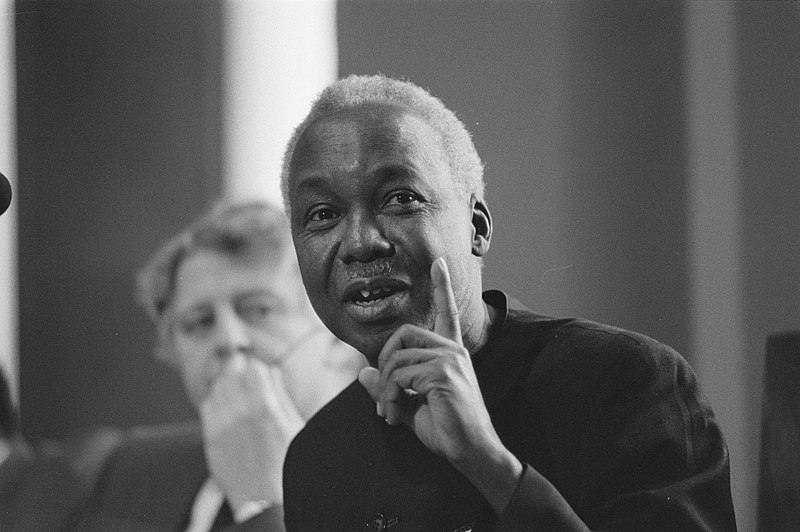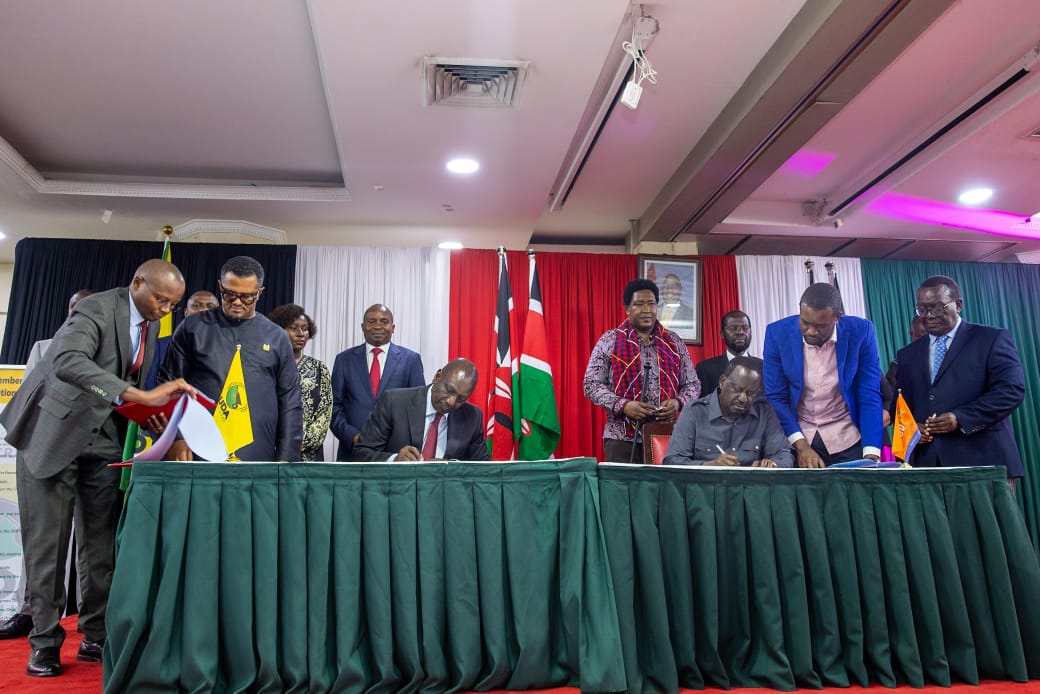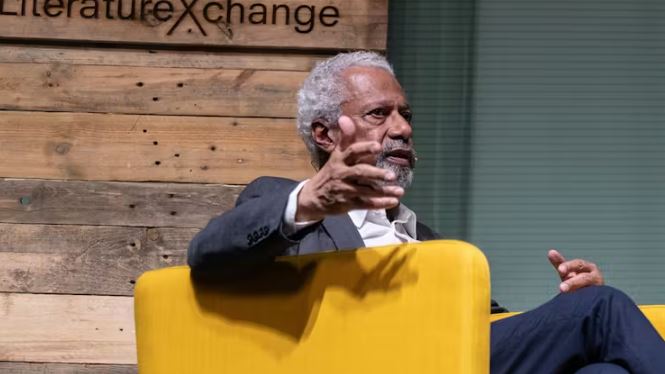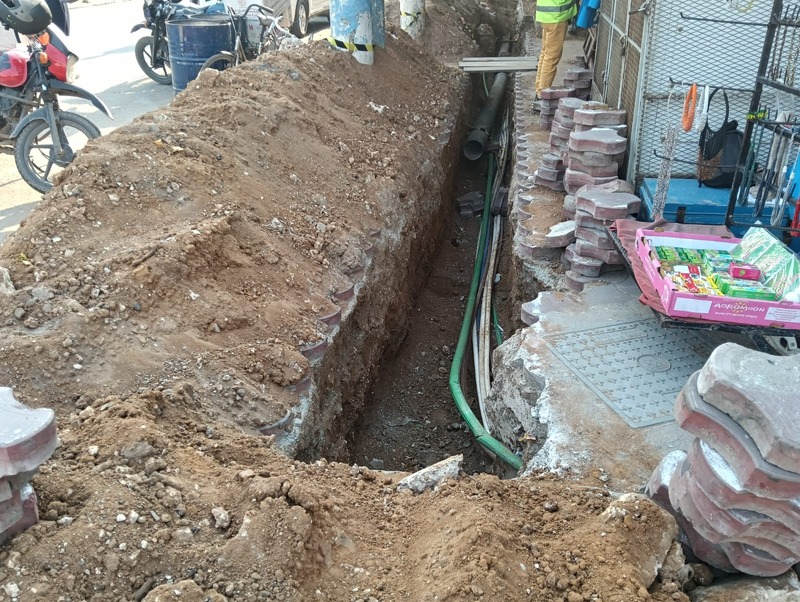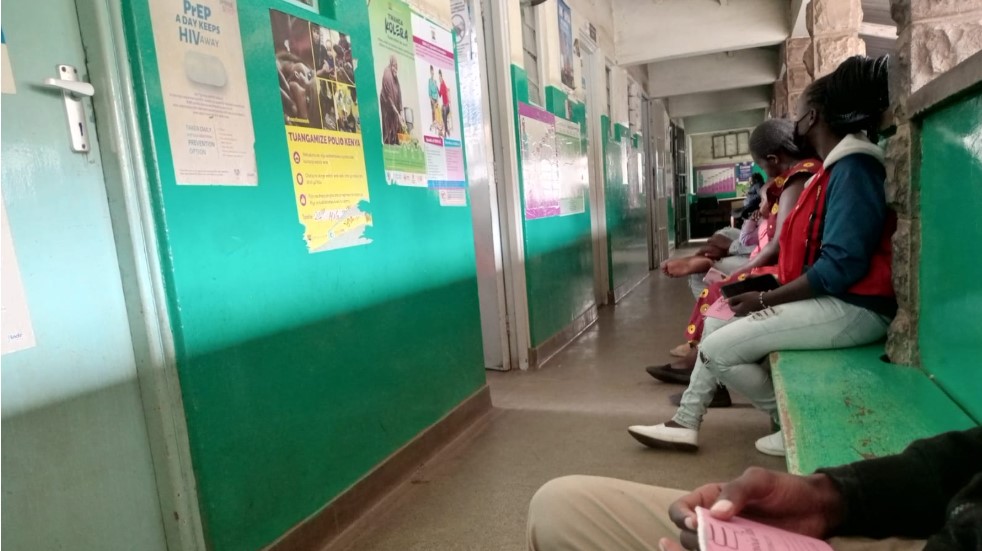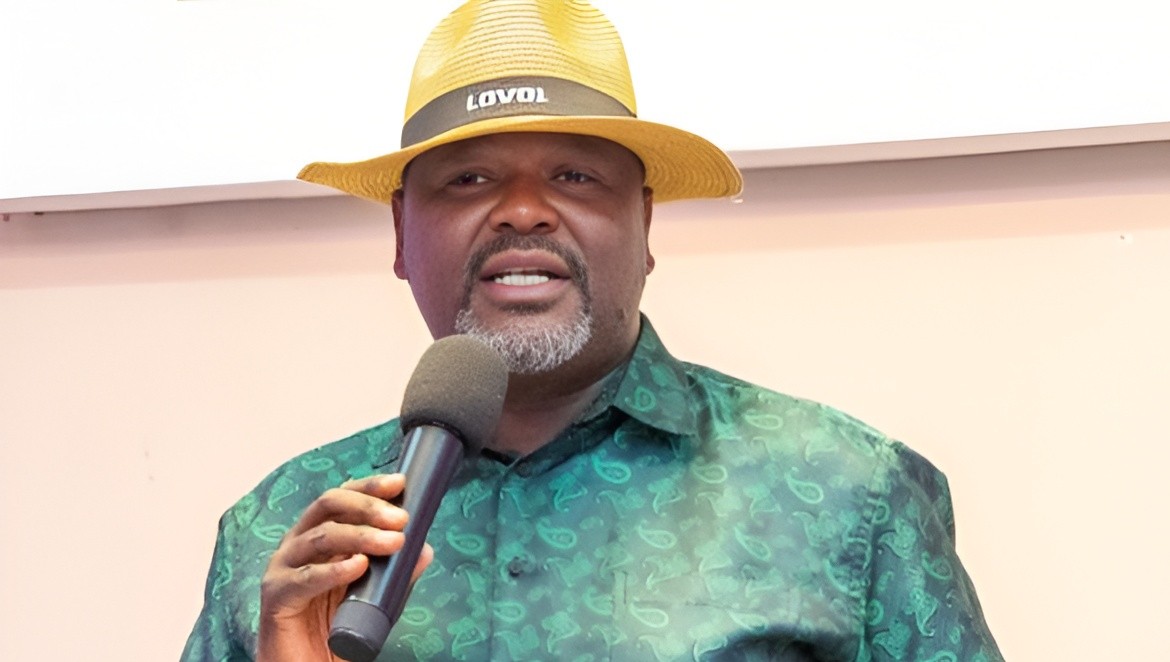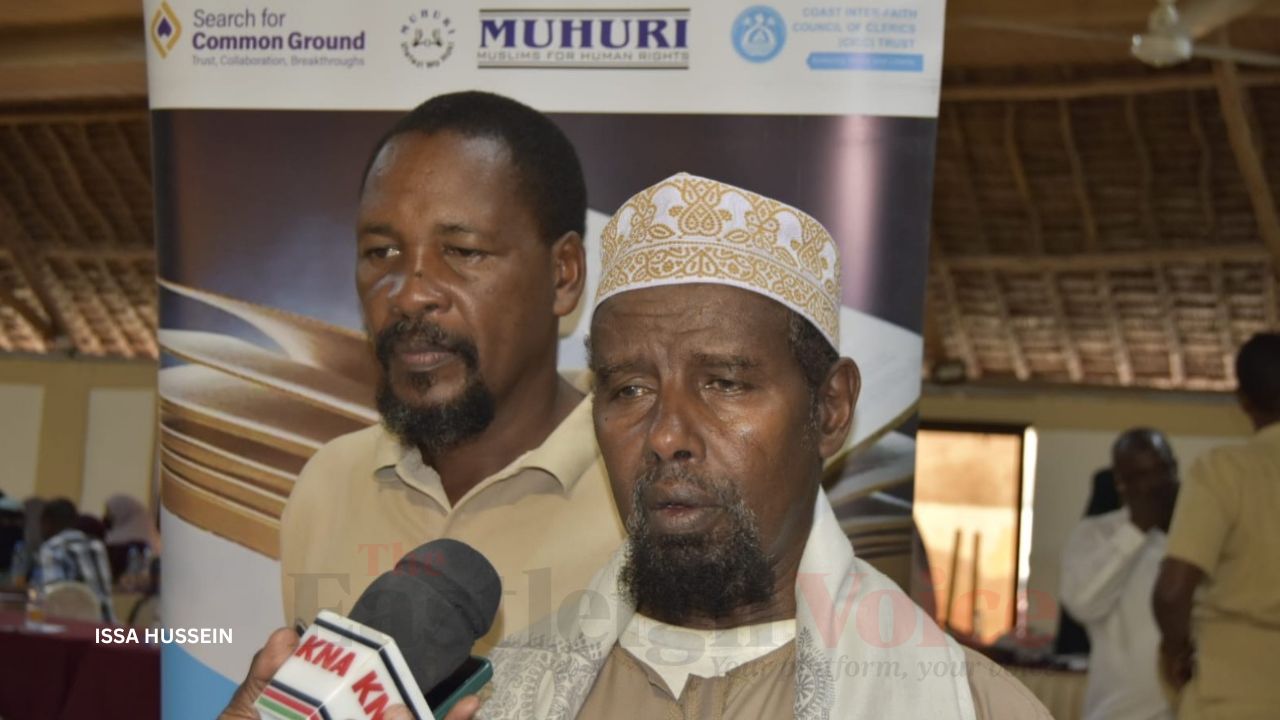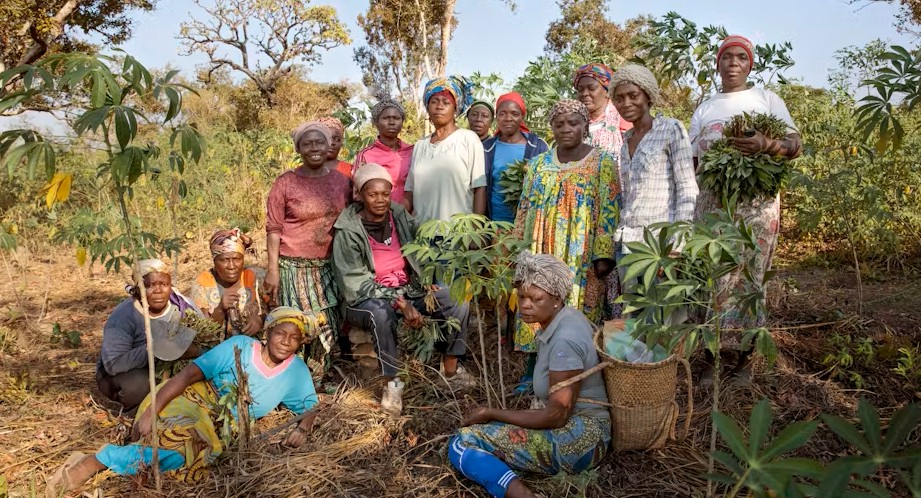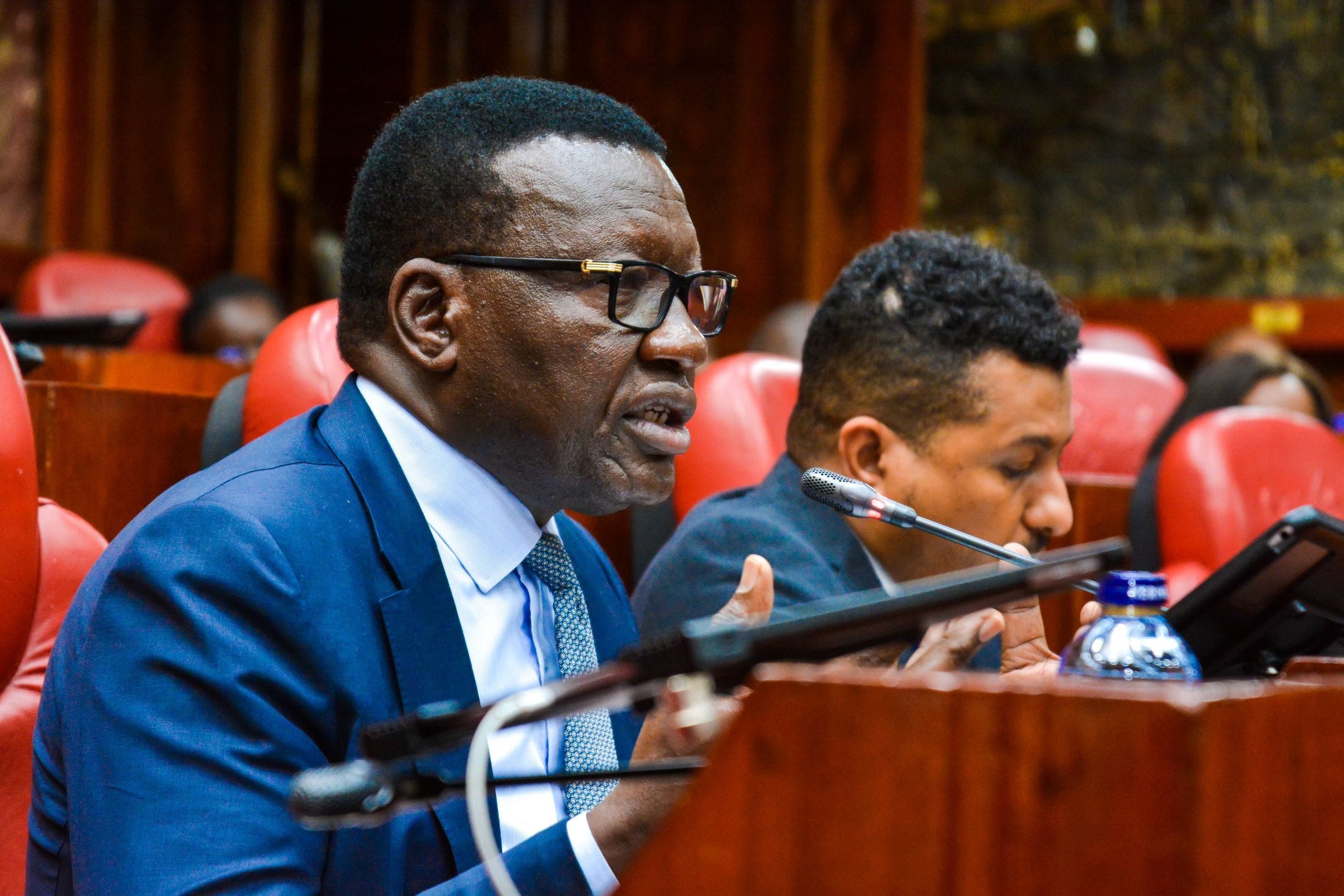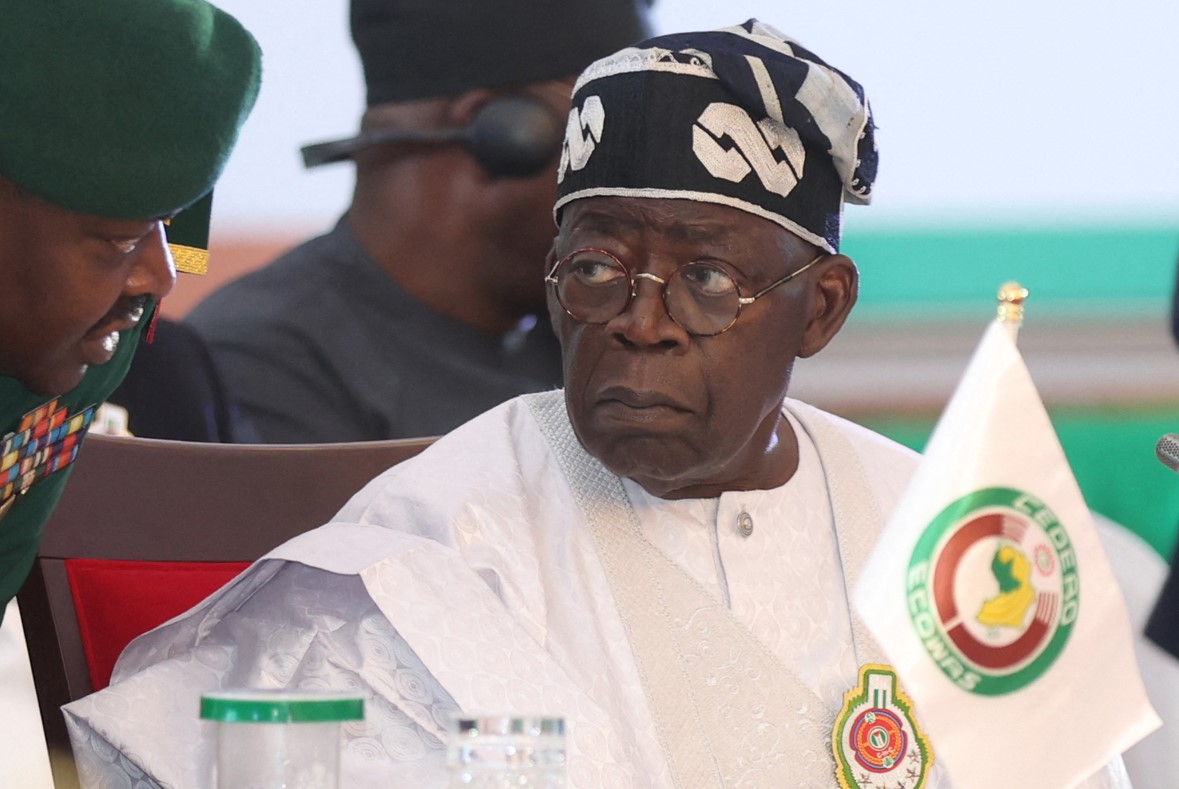Nairobi-Nakuru dual carriageway construction to begin next year- Ruto
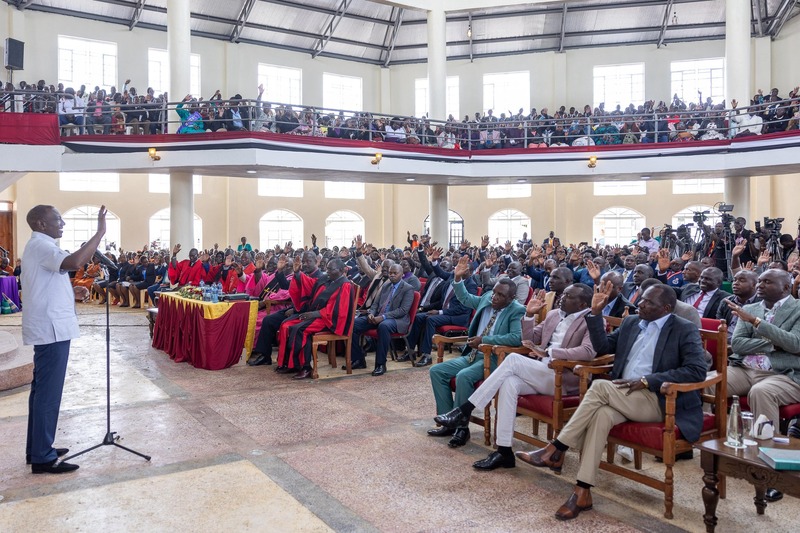
The project aims to address persistent traffic congestion along the busy highway and is expected to enhance travel and trade across the region.
President William Ruto has announced that the government will commence the construction of a dual carriageway connecting Nairobi and Nakuru next year.
The project aims to address persistent traffic congestion along the busy highway and is expected to enhance regional travel and trade.
More To Read
- KWS officers and missing Naivasha fisherman shared location, court told
- KeNHA closes sections of Waiyaki Way, Mombasa Road for roadworks
- LSK wants state’s Sh6.1 billion traffic cameras deal stopped for lack of transparency
- Motorists to pay more taxes as government seeks to reintroduce levies shelved after protests
- KeNHA issues advisory as heavy traffic slows travel on Nairobi-Nakuru highway
- Nairobi secures Sh43.4 billion funding for Green BRT Line 3 project
Speaking at Kipkorgot AIC Church in Uasin Gishu on Sunday, Ruto revealed that the highway upgrade would eventually extend to Malaba, further boosting the transportation corridor’s capacity and efficiency.
“We had a Public Private Partnerships (PPP) programme between the government and a French company which didn't work out and we have other alternatives that we are working on. Next year, we will begin the construction of a dual carriageway from Nairobi to Nakuru and then later from Nakuru to Malaba,” he said.
The announcement follows widespread complaints from motorists, especially during peak holiday seasons, when heavy traffic frequently leads to hours-long delays.
In his address, the President highlighted key achievements in the country’s economic recovery efforts. He pointed to reduced inflation rates, increased exports, and improved food security.
He noted that these successes were largely due to government subsidies on agricultural inputs, which have bolstered local food production and reduced reliance on maize and sugar imports.
Turning to healthcare, President Ruto reaffirmed his commitment to rolling out a new health insurance plan, which he described as a transformative initiative for the health sector. He expressed optimism about the programme’s potential to provide sustainable health benefits to Kenyans.
Defending the government’s ongoing livestock vaccination programme, the President dismissed criticism from some quarters about the vaccines' safety. He emphasised that the vaccines, produced locally at Kabete—one of Africa’s largest vaccine manufacturing facilities—are also exported to other countries.
“The vaccine is manufactured locally at Kabete and is also exported to other countries,” Ruto said.
He emphasised the programme’s importance in safeguarding the livestock economy and its role in preventing diseases such as foot and mouth.
The Head of State said he is determined to ensure that the livestock are vaccinated to eliminate diseases and boost the quality of milk and meat in the global market.
"If we don't vaccinate our livestock, how will we deal with diseases like foot and mouth?" Ruto posed.
"We have negotiated the market for our livestock products but we must first contain the disease. The vaccination will be done by our scientists and vaccinations are being manufactured here in Kabete,'' Ruto said.
Top Stories Today
- Ruto, Raila to jointly chair Parliamentary Group meeting on Monday
- Abdulrazak Gurnah: Searching for signs of Zanzibar’s most famous writer
- Nyerere built a new army fit for African liberation: How he did it
- State moves to enforce peace deal in 50-year Angata Barrikoi land dispute
- Ruku urges north eastern residents to register for IDs as barriers lifted
- Mwembe Tayari locals protest exclusion from Mombasa water project
